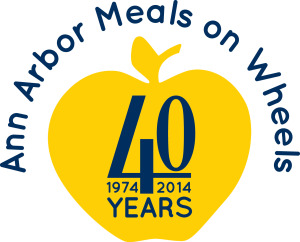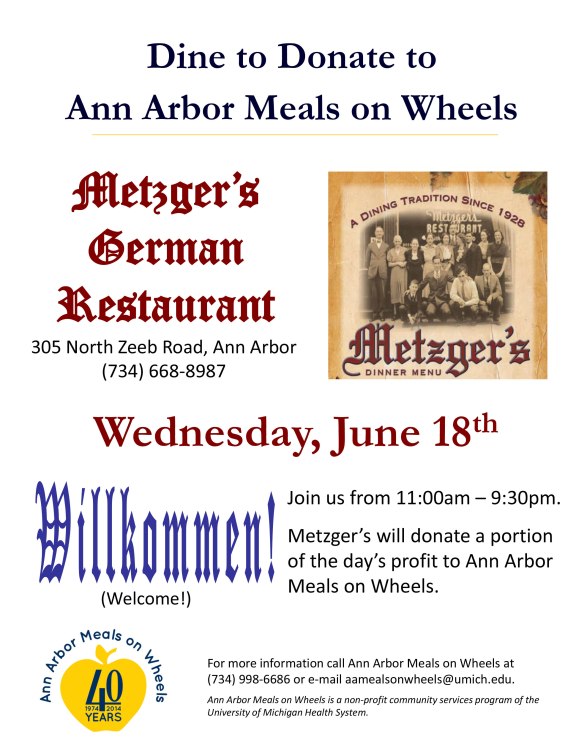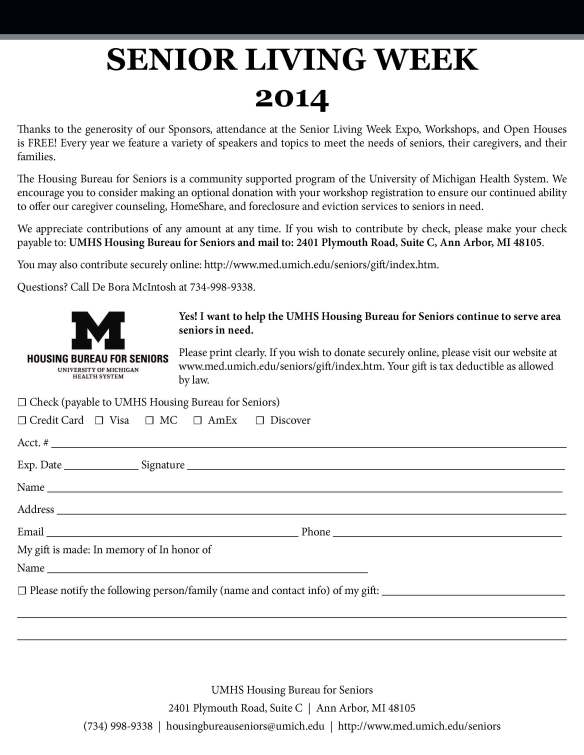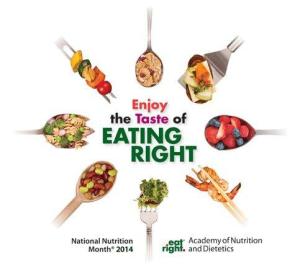At the same time I was heartened, knowing we play a critical role in connecting our clients with needed care.
A volunteer called saying one of their people was extremely short of breath and was having difficulty speaking. Their “person” is a young 95 year old, legally blind, lives alone, doctors infrequently and has no family. Along with a formal Power of Attorney for finances, we are their only connection to the “outside world”. Six days a week we bring not just a meal, but also a conversation with a smile in our voices to this individual.
I called the client to check in and see how they were doing; not so good. They could barely talk – needing to take a breath after every 1-3 words. They were confused – when they’re usually very alert.
Initially, they were not interested in having us call 911. I asked them if they wanted us to call their doctor (they have difficulty seeing the buttons to dial out). They said they didn’t really have one. I asked where they usually went for medical care, and if I could call there. They replied “they wouldn’t know me.”
Their breathing remained shallow and labored. I could hear the anxiety in their voice and change in timbre. I could see their confusion in making a relatively simple decision – part of their mind knowing they should get help, but also uncertain if they “really” needed medical care.
I gently asked what they wanted to do to get help with their breathing. They replied “Well, I guess I should go see a doctor.” I quietly told them I was concerned about their difficulty breathing and that I thought it would be a good idea for the EMTs to come and help them get medical attention. They agreed.
I ended the conversation saying I was going to call 911 and would then call them back. With a sigh and crackle in their voice, they said “Oh, I’ve been such a fool…”
“More than a meal” could almost be our tagline.
- Our volunteers let us know when things aren’t “normal” with their people and we follow-up with those concerns.
- Small, handmade cards, placemats and other crafts from area school-aged children bring a bit of joy to someone who might be feeling a bit “blue”.
- Volunteers encounter situations where their quick response ends up saving lives.
- A birthday card and individual piece of cake (or sugar free candy) is sometimes the only recognition a client receives – not because of cultural or religious preferences, but because they have no one left.
- It’s a brief visit, but we break down the walls of social isolation.
As I finish writing this, I’m saddened as I imagine what it must be like to grow old and to have out-lived family and friends; to be visually impaired to where I can’t even see the buttons on the phone; and to become so confused, when I’m normally very alert, I can’t make decisions for myself. But there is a silver lining: I know that because of Meals on Wheels, because of the care and concern our volunteers have for “their people”, this person received medical attention they might not otherwise have received. Medical attention that sometimes saves a life.
by Beth Adams
Director, Ann Arbor Meals on Wheels











